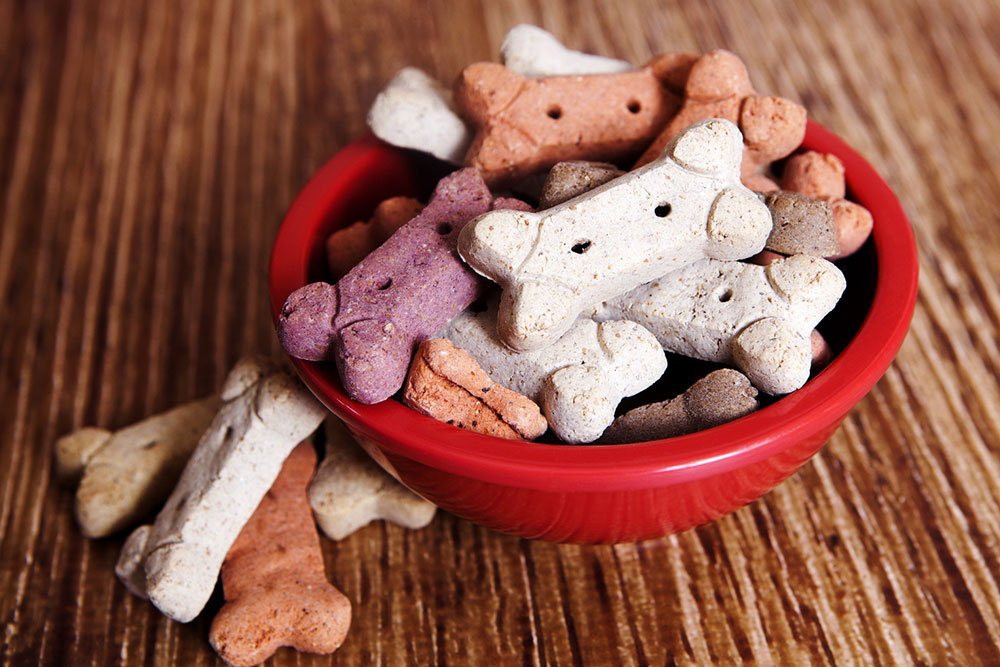Essential Tips for Selecting Nutritious Dog Food
Discover essential tips for choosing healthy dog food that supports your pet’s wellbeing. Learn about high-quality proteins, vegetables, managing allergies, reading labels, avoiding harmful additives, and selecting age-appropriate nutrition. Make informed decisions and ensure your furry friend's diet promotes optimal health with our practical guide to nutritious dog food selections.

Guidelines for Choosing Healthy and Balanced Dog Food
As a dog owner, ensuring your pet's well-being often involves scrutinizing their diet. With numerous brands claiming to be organic or highly nutritious, it can be challenging to identify genuinely healthy options. Many products contain hidden ingredients that may impact your dog's health negatively. To make informed choices, it's important to understand key factors that define quality dog food. Below are essential considerations to help you select the best nourishing food for your furry friend.
Prioritize high-grade animal protein
Providing your dog with adequate protein supports muscle development, skin regeneration, coat health, and hormonal balance. Look for foods with high-quality animal sources like beef, chicken, fish, lamb, rabbit, or venison. Some brands include eggs as an added protein, which is beneficial. Always check that the label specifies the type of meat used; if it simply states "meat," consider alternatives that specify the source.
Vegetables are vital for immunity
Incorporating vegetables such as sweet potatoes, peas, green beans, spinach, broccoli, and zucchini enhances your dog's immune system. Additionally, antioxidant-rich fruits like blueberries, apples, watermelons, and pineapples can support overall health. Including these in their diet ensures a balanced intake of essential nutrients.
Grain-free options or not?
While grains are not inherently harmful, some dogs develop gluten sensitivities or allergies over time. Signs include excessive licking, itching, vomiting, or diarrhea. In such cases, opting for grain-free formulations may be beneficial. Consult your veterinarian if allergic reactions occur to determine the appropriate diet for your dog.
Read the entire ingredients list carefully
Beyond ingredients, verify that the food bears an AAFCO statement like "complete and balanced" or "appropriate for all life stages." This endorsement ensures the product meets established nutritional standards for canine health.
Identify unnecessary additives and fillers
Avoid products containing artificial preservatives such as BHA, BHT, ethoxyquin, or propylene glycol, which can pose health risks. Opt for foods preserved naturally with vitamin C, E, or herbal extracts like rosemary. Also, steer clear of fillers like corn bran or cereal by-products, which offer limited nutritional value. Check for the absence of artificial colorings, as these can cause allergies or behavioral issues.
Be cautious with meat by-products
Meat by-products include organs like lungs, stomach, intestines, and other parts not typically consumed by humans. While dogs may enjoy these, their nutritional benefit is lower compared to standard cuts of meat. To ensure optimal nutrition, choose products with whole meat ingredients rather than by-products, aligning with your pet’s dietary needs.
When selecting dog food, consider your dog's age, size, and activity level. For example, adult dogs may need lower-calorie options, whereas senior dogs benefit from foods high in fiber and omega fatty acids. Reputable brands such as Blue Buffalo, Nature’s Variety, Darwin’s Natural Pet, ORIJEN, and Dr. Harvey's offer high-quality options suitable for various needs.










